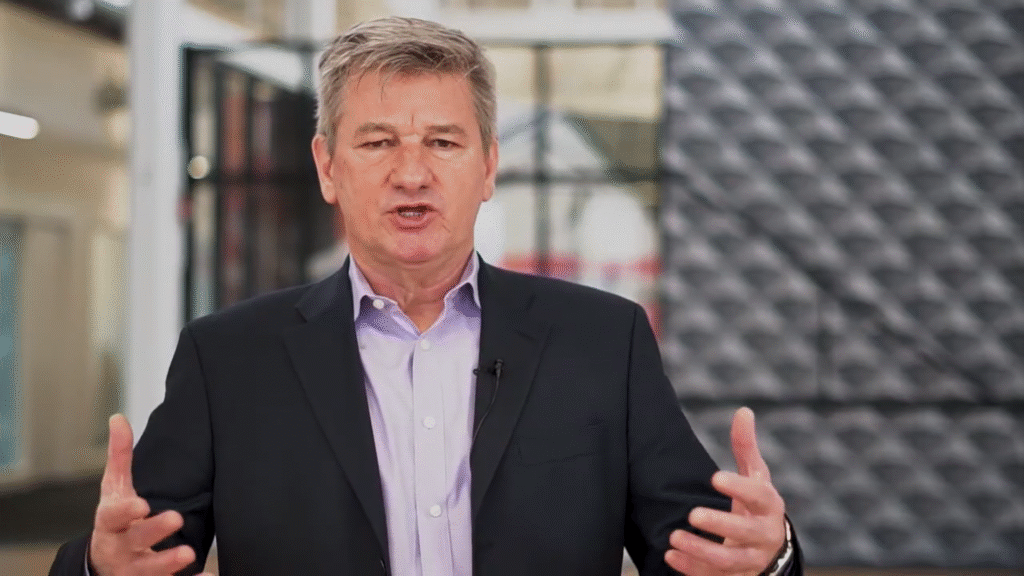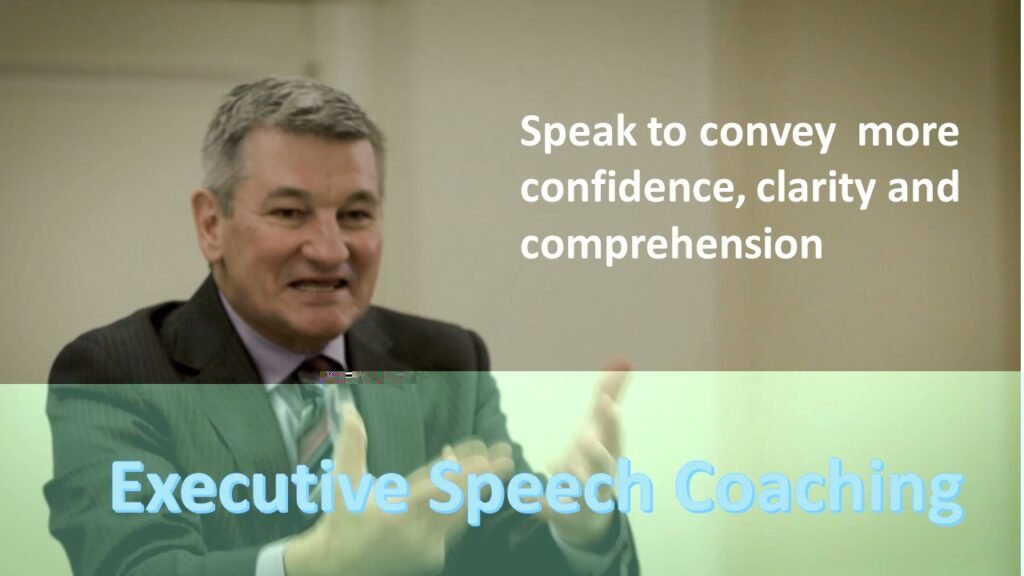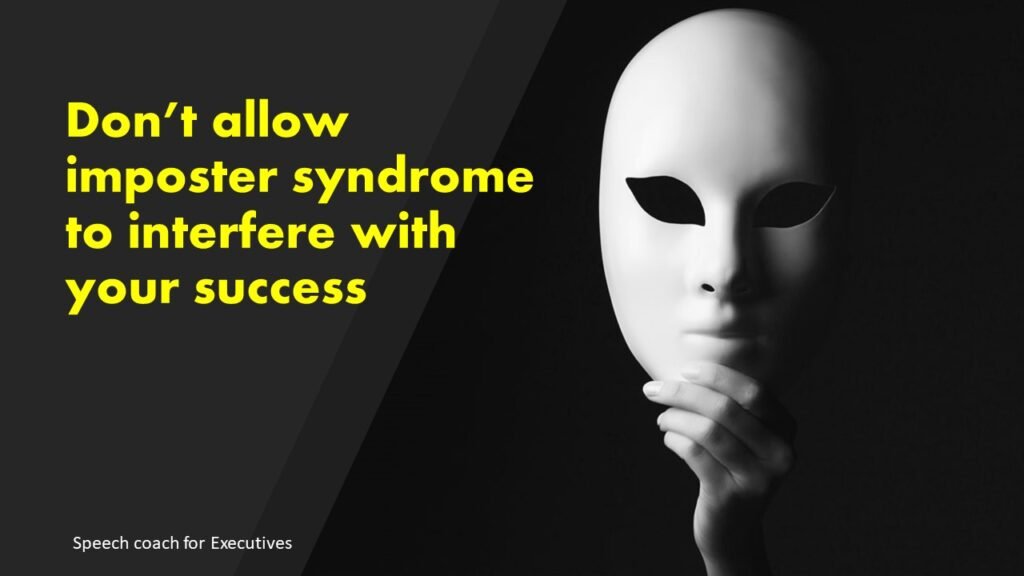Video Messages from George Torok

When You Are NOT Known to the Audience
🟢 Establish Credibility Quickly
Briefly introduce yourself with relevant expertise.
Example: “I’m [Your Name], leading [Project/Initiative]. I’ve analyzed [Key Issue] and have a recommendation for you.”
If someone is sponsoring your presentation, mention their support.
How to Speak to Senior Leaders

When You Are NOT Known to the Audience
🟢 Establish Credibility Quickly
Briefly introduce yourself with relevant expertise.
Example: “I’m [Your Name], leading [Project/Initiative]. I’ve analyzed [Key Issue] and have a recommendation for you.”
If someone is sponsoring your presentation, mention their support.
How to Choose Your Executive Speech Coach

When you are looking for an executive speech coach, how do you evaluate your choices? How can you choose the coach that is right for you? Like communication, it’s an imperfect process. Yet, there are principles that you can follow to help you make a better choice.
My Journey to Become a Confident Communicator and Powerful Presenter

I was a shy and introverted student who learned to become more confident and more effective as a communicator and speaker. I’m still an introvert. That means that I can participate in public engagement and then I need alone time to recharge. You can be an introvert and still be a confident speaker.
Communication lessons from Star Trek TNG

The fiction is only one part of the story. The setting is a spaceship, yet the individual episodes are often about relationships and communication challenges.
What might we learn about communication while humans attempt to communicate and forge relationships with alien species about the cosmos?
Mastering the Art of Leadership: Executive Communication Coaching Uncovered

In the competitive landscape of the business world, exceptional communication is essential for
executives to drive their teams and organizations forward. A leader’s ability to articulate ideas,
inspire employees, and resolve conflicts can make or break their success. Executive
communication coaching offers personalized guidance and training to help leaders develop and
hone their communication skills, empowering them to excel in the boardroom and beyond.
Executive Presence: Be Fully Present and Look like you Belong

Executive presence is a set of qualities that leaders display in their behavior, demeanor, communication, and appearance. It refers to the way they carry themselves, exude confidence, and project their authority and leadership skills. It is a critical attribute for anyone aspiring to advance to leadership positions in their organization or industry.
How Can Emerging Leaders Deal with Imposter Syndrome?

Imposter syndrome is a psychological pattern in which a person doubts their accomplishments, skills, or abilities and has an internalized fear of being exposed as a fraud or impostor. People with imposter syndrome often feel like they don’t belong or that they have achieved their success due to luck rather than their own abilities.
Executive Communication Skills Coaching

What are the communication skills that an executive leader might need to develop and exhibit?
You might be brilliant, yet if you are unable to convey your messages or understand your people, you will fail as a leader. You are simply brilliant and might make a successful engineer, executive assistant or inventor but not an effective leader.
Where does executive communication start?
What is Executive Presence?

What is Executive Presence?
I believe that executive presence means that you look, sound and feel like you belong in a leadership role. Presence means that you show up and look like you are present. That you are comfortable and most importantly that you belong in your position. Presence might mean looking good when you don’t feel good. Presence means owing your space – physical, emotional and relational.
